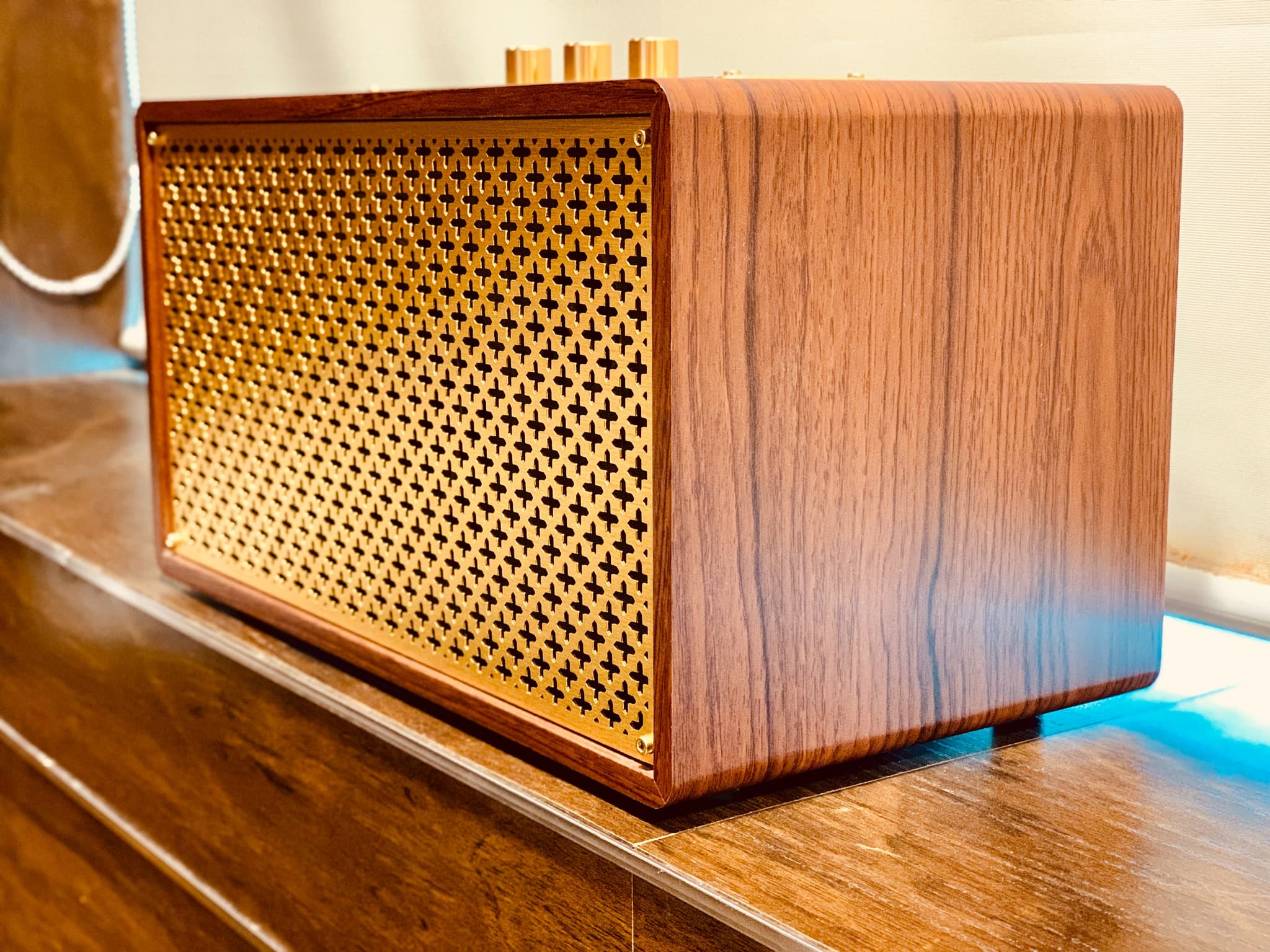Policy
Practice
Robust ECEC debate held during NSW Legislative Assembly – first in 8 years

Freya Lucas
Mar 05, 2020
Save
A public interest debate on the topic of early childhood education and care (ECEC), concerning both outside school hours care (OSHC) and early childhood education, was held as part of the New South Wales Parliament Legislative Assembly earlier this week.
The debate opened with a proposal by James Griffin, Member for Manly, that the House note three elements of action undertaken by the current NSW Government in relation to ECEC, namely:
- the Government's commitment to making before- and after-school care available to all parents with children at public primary schools by 2021, supported by an investment of $120 million over four years;
- that since 1 July 2019 more than 7,500 before- and after-school care places have been created across New South Wales; and,
- that the Government has allocated almost $527 million for early childhood education, which includes extending funding to all three‑year‑olds and four‑year‑olds in community preschools — the first Australian State to do so.
Mr Griffin said he was pleased to move the motion, which he said “recognises the significant work undertaken by the NSW Coalition Government in supporting young people and families from day one.”
Since July 2019, he added, more than 7,500 before‑ and after‑school-care places have been delivered in New South Wales.
“By term one 2021 we will have created 120 new services statewide, including 44 new onsite services in metropolitan and inner regional schools, with enrolments above 160 students. Overall, that will create up to 19,000 new places across the State,” Mr Griffin said.Alluding to the Government’s progress in early childhood, Mr Griffin recognised the NSW Minister for Education and Early Childhood Learning, Sarah Mitchell, in delivering over 1,200 grants under the Quality Learning Environments grants program, since 2018.
“The grants program supports the delivery of quality early childhood education by recognising that to support the educational needs of our young people their preschools' physical environment is key,” he said.
Opposition member Jodie Harrison was quick to counter Mr Griffin’s statements, moving that the motion be amended to note the Government's “appalling history in not achieving its early childhood promises over the past nine years,” and to call on the Government to “stop lagging behind the rest of Australia and provide the universal early education that our children deserve”.
“There are 491,000 children in (NSW) public primary schools,” Ms Harrison said, noting that, in total, ”even with the places created, there are only 105,000 OSHC places.”
“There are nine months until the Government's own deadline for promised universal access and we have only one OSHC place for every five children in a public primary school. One in five is hardly universal access,” she added.Ms Harrison then noted concerns about the early childhood sector in NSW, noting that the decision to invest nearly $1 million on a star system to make quality ratings more readily understood by families had left early learning providers “up in arms”.
“It (the NSW Government) is not investing in quality, it is not making good on the promised new places, but it is signing a $70,000 contract with The Wiggles so that the Minister for Education and Early Childhood Learning can be photographed with Dorothy the Dinosaur and her new sticker (while) the latest Report on Government Services says that New South Wales is lagging behind the rest of Australia,” Ms Harrison said.
Debate continued on both sides of the House, resulting in the Member for Kiama, Gareth Ward, being temporarily ejected from the session for failing to come to order.
Sonia Hornery, representing Wallsend, joined the debate, welcoming the opportunity to have “a serious discussion about early childhood education”.
“It has been eight long years” she said, drawing a new focus to the debate and commenting on workplace issues, noting “the early learning sector is facing a workforce crisis. We need to know what the Government is doing and what its initiatives are to encourage workforce growth — where are they?
Why are degree-trained early learning teachers leaving for the primary sector? Is it because their pay rates and conditions are better in the primary sector than they are in the early childhood sector?Early childhood is the time when all of a person's foundational knowledge is made, particularly up to the age of three.”
“For example,” she continued, “one of the four areas in the NSW Early Childhood Education Workforce Strategy is to support the workforce to obtain qualifications and experience to prepare them for the workplace. As part of the strategy the Government announced a $1.3 million four-year program of scholarships commencing in 2016 to train 120 teachers for early learning in rural and remote areas. It is four years on and only $375,000 has been distributed and only eight students have qualified. That is only 6 per cent of the promised 120 teachers.”
At the conclusion of the debate, after Mr Griffin had made summative remarks, the Assistant Speaker put the amendment proposed by Ms Harrison to a vote, which was closely contested, with 40 Ayes and 44 Noes, and therefore unsuccessful. Mr Griffins motion was subsequently passed.
A transcript of the full debate may be accessed here.
Don’t miss a thing
Related Articles



















